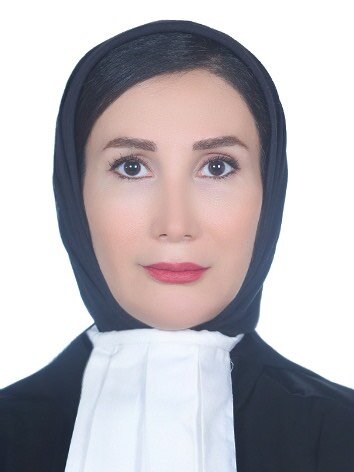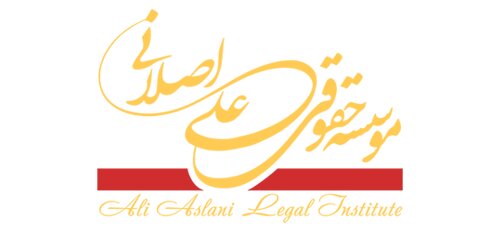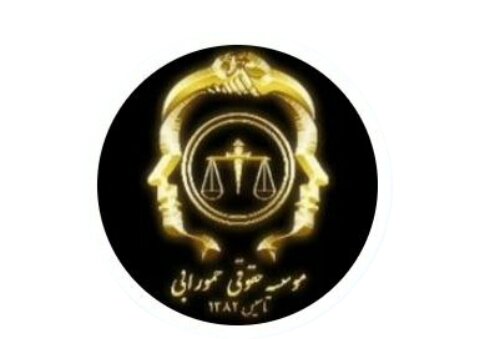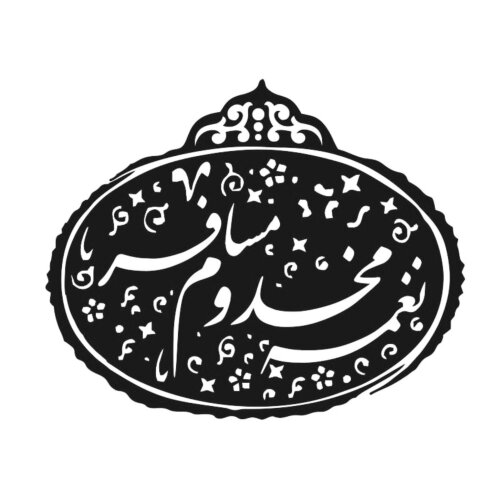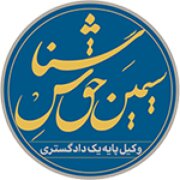Best Domestic Violence Lawyers in Tehran
Share your needs with us, get contacted by law firms.
Free. Takes 2 min.
Free Guide to Hiring a Family Lawyer
List of the best lawyers in Tehran, Iran
About Domestic Violence Law in Tehran, Iran
In Tehran, as in broader Iran, domestic violence is a pressing social and legal issue. The legal framework surrounding domestic violence has evolved over time, emphasizing the protection of family welfare as an essential component of societal stability. Despite cultural and religious influences impacting family dynamics, Iranian law increasingly acknowledges the need to address domestic violence comprehensively. The government has initiated steps to combat this issue, though challenges persist in enforcement and social stigmas. Awareness campaigns and legal reforms continue to shape the landscape to ensure victim protection and support.
Why You May Need a Lawyer
Seeking legal assistance in domestic violence cases can be crucial for various reasons:
1. Navigating the Legal System: Understanding the legal implications and processes can be daunting; a lawyer can guide victims through filing complaints and obtaining restraining orders.
2. Protecting Rights: A lawyer ensures that the victim's rights are upheld and that they receive the protection and support they need during legal proceedings.
3. Custody and Financial Issues: Domestic violence cases often intersect with divorce, child custody, and financial disputes, where legal expertise is vital.
4. Emotional Support: Having a legal advocate can emotionally support victims during challenging times, reassuring them they are not alone.
Local Laws Overview
Iranian law, primarily based on Islamic Sharia law, recognizes family protection but may not explicitly categorize all forms of domestic violence as criminal offenses. However, certain legal provisions provide victims with pathways for protection:
1. Family Protection Law: This law aims to safeguard family dynamics while providing legal recourse for victims to seek justice.
2. Court Systems: Family courts can issue rulings regarding protection orders, custody, and other issues stemming from domestic violence cases.
3. Enforcement: Challenges remain in enforcing laws, with cultural norms sometimes inhibiting progress; however, courts strive to address these issues effectively.
Frequently Asked Questions
What constitutes domestic violence under Iranian law?
Domestic violence encompasses physical, psychological, sexual, and economic abuse within familial relationships, although interpretations can vary.
How can a victim file a complaint against their abuser?
Victims can file a complaint at local police stations or family courts, where they will receive guidance on legal procedures.
Are there protection orders available for domestic violence victims?
Yes, victims can request restraining orders through family courts, though the process may require legal assistance to navigate effectively.
Can both men and women be victims of domestic violence in Iran?
Yes, both men and women can be victims, although societal norms may make reporting more challenging for men.
What role do cultural and religious views play in domestic violence cases?
Such views can influence perceptions and handling of domestic violence, but ongoing legal reforms aim to prioritize victim protection over social pressures.
What is the government doing to address domestic violence?
The government is increasingly focusing on awareness campaigns and legal reforms to improve protection and support systems for victims.
Is mediation an option in domestic violence cases?
Mediation may be suggested, but it is not always appropriate for situations involving violence. Legal advice is recommended.
Can a parent losing custody due to domestic violence regain it?
Possibly, but the process would require legal proceedings to demonstrate changed circumstances and ensure child safety.
How is evidence gathered in domestic violence cases?
Evidence may include medical reports, witness testimonies, and any documented communications. Gathering evidence promptly is crucial.
What are the consequences for offenders in domestic violence cases?
Consequences may range from fines and restraining orders to imprisonment, depending on the case specifics and judicial discretion.
Additional Resources
Several organizations and bodies offer support and resources for domestic violence victims:
- The Iranian Judiciary’s Family Court System: Provides access to legal recourse and protection orders.
- Ministry of Health and Medical Education: Offers medical assistance and psychological support.
- NGOs such as the Women’s Society Against Violence: Focus on advocacy, support, and education for victims.
Next Steps
If you need legal assistance with domestic violence, consider the following steps:
1. Contact a qualified lawyer with experience in family law to discuss your situation confidentially.
2. Gather and document any evidence relevant to your case, including records of incidents and communications.
3. Reach out to local domestic violence support organizations for guidance and emotional support.
4. Consider seeking protection orders through family courts if you are in immediate danger.
Remember, you are not alone, and there are resources available to help you navigate this challenging situation.
Lawzana helps you find the best lawyers and law firms in Tehran through a curated and pre-screened list of qualified legal professionals. Our platform offers rankings and detailed profiles of attorneys and law firms, allowing you to compare based on practice areas, including Domestic Violence, experience, and client feedback.
Each profile includes a description of the firm's areas of practice, client reviews, team members and partners, year of establishment, spoken languages, office locations, contact information, social media presence, and any published articles or resources. Most firms on our platform speak English and are experienced in both local and international legal matters.
Get a quote from top-rated law firms in Tehran, Iran — quickly, securely, and without unnecessary hassle.
Disclaimer:
The information provided on this page is for general informational purposes only and does not constitute legal advice. While we strive to ensure the accuracy and relevance of the content, legal information may change over time, and interpretations of the law can vary. You should always consult with a qualified legal professional for advice specific to your situation.
We disclaim all liability for actions taken or not taken based on the content of this page. If you believe any information is incorrect or outdated, please contact us, and we will review and update it where appropriate.




